- The German-hosted conference was created with the aim of promoting dialogue between global political leaders;
- Defense policy, armed conflicts, nuclear proliferation, terrorism, cybersecurity and migration are among the most discussed topics in recent editions.
- The insights obtained at the annual meetings are extremely useful for global leaders to implement measures to prevent potential conflicts.
Over the last few decades, the Munich Security Conference has established itself as the main independent forum for the discussion of ideas between world leaders responsible for international security policies.
The event takes place annually in February at the Hotel Bayerischer Hof, located in the city of Munich, Germany, and annually promotes an open and constructive dialogue between these leaders and security experts, in addition to seeking solutions to global security challenges.
Dialogue, collaboration and awareness are the main pillars through which the Conference has become the most relevant security congress in the world and influencing not only this sector, but also geopolitical decisions, despite its unofficial character.
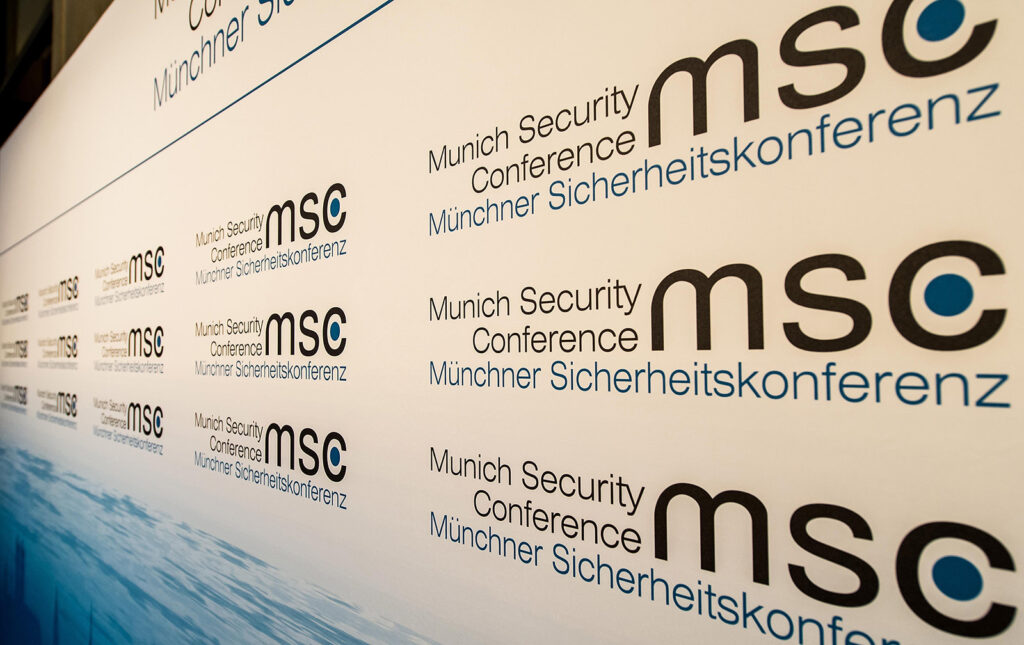
What is the purpose of the Munich Security Conference – MSC – in Germany
The motto of the frequent meeting is “Peace through Dialogue”. Therefore, the purpose of the Munich Security Conference (MSC) is to provide a forum for political leaders to discuss security-related issues.
These topics include defense policy, armed conflicts, nuclear proliferation, terrorism, cybersecurity, migration, climate change, among other relevant issues, such as the war in Ukraine.
MSC also seeks to promote international cooperation in the aforementioned sectors and, ultimately, to strengthen international security, promoting global cooperation to face the security challenges of the contemporary world.
The main themes of geopolitics and international security discussed in some of the MSCs in recent years
The Munich Security Conference covers a wide range of international security and geopolitical topics every year. Some of the main topics that have been discussed at Congresses in recent years have been:
- MSC 2018: Key topics discussed included China’s growing influence, the transatlantic relationship amid tensions between the US and Europe, the threat of terrorism, the Syrian crisis, cybersecurity and nuclear weapons control.
- MSC 2019: The main theme of the conference was the growing uncertainty and instability in the international system, including the impact of the foreign policy of the administration of President Donald Trump, tensions between Russia and the West, the crisis in Syria, the threat of terrorism, cyber security and nuclear weapons control.
- MSC 2020: The 2020 edition was marked by discussions on tensions between the US and Iran, the situation in Syria, the growing Chinese influence in global politics, the relationship between Russia and the West, the threat of terrorism, security cybersecurity and the proliferation of nuclear weapons.
- MSC 2021: The COVID-19 pandemic was one of the main topics discussed, as well as the relationship between Europe and the United States under the new administration of President Joe Biden, Russian tensions, the future of multilateralism, the nuclear threat, the climate crisis and cybersecurity.
- MSC 2022: Key issues discussed at the conference also included the COVID-19 pandemic and its implications for international security, China’s growing military might, the relationship between Russia and Ukraine, nuclear weapons control, the role of technology in security, the climate crisis and the fight against terrorism.
- MSC 2023: The 59th Munich Security Conference, held February 17-19, 2023, was dominated by discussion of the ongoing Russo-Ukrainian war, with most speakers addressing the “special military operation” led by Vladimir Putin. Despite being uninvited and unable to attend, tension and the fragmentation of the world were recurring themes as the West confronted not only Russia, but also China’s growing influence and the indifference of the global South.
Overall, the Munich Conference addresses international security issues that are relevant to leaders and experts around the world, including emerging challenges and long-term issues.
However, the MSC is exclusively used for discussions and is not authorized to take binding intergovernmental decisions. Furthermore, contrary to the usual conventions, a common final communiqué is not issued at the end of the event.
Additionally, there are dozens of invitation-only side events held off-the-record where people like journalists are not allowed, and these are where the real conversations and business takes place.
The controversial relationship between MSC and the American consultancy McKinsey
The relationship between the Munich Security Conference (MSC) and the US consulting firm McKinsey has been controversial in recent years. McKinsey is retained to help the organization define the event’s long-term strategy and vision, as well as provide advice on operational issues.
However, critics argue that the relationship with McKinsey may compromise MSC’s independence and impartiality. They say the consultancy can influence the conference agenda and the selection of attendees, especially with companies that are McKinsey clients.
Some also question the transparency of the relationship between MSC and McKinsey, including the lack of disclosure of the contracts and amounts involved. In 2021, a group of more than 100 MSC alumni signed an open letter asking the organization to reveal more information about its relationship with McKinsey.
MSC and McKinsey say their relationship is transparent and the consultancy has no influence on conference decisions. They also say that hiring McKinsey helps ensure that MSC is well managed and can deliver on its mission to provide a forum for important discussions around global security.
In short, the relationship between MSC and McKinsey is controversial due to concerns about transparency and independence. While MSC and McKinsey claim their relationship is transparent and beneficial, critics argue that there may be undue influence on operational issues and participant selection.
Why the MSC is an important forum for geopolitical and international security discussions and how it helps predict the potential for future conflicts
The Munich Conference became important thanks to the networking fostered in the meetings, which are based on precepts such as: dialogue, collaboration and awareness.
Frank dialogue on pressing security issues builds trust between nations and can lead to progress on key issues of the day. Likewise, collaboration in the search for solutions to such challenges drives the development of new partnerships that promote international cooperation.
Therefore, the meetings help raise awareness of the challenges and threats facing the international community, as well as boost discussion of possible solutions.
Due to frank dialogue, global leaders can identify potential trouble spots, emerging tensions between countries and evolving threats.
In addition, MSC is frequently accompanied by analysis from global security experts and think tanks. These experts can also help identify trends and warning signs that indicate potential conflicts.
Ultimately, the Munich Conference cannot accurately predict conflicts, but it can provide valuable insights and information on emerging trends, tensions and threats to global security. This information can then be used by global leaders to make decisions and preventative measures to avoid potential conflicts.


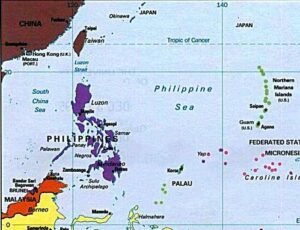
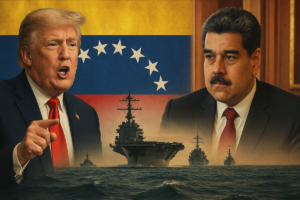
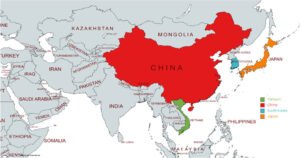

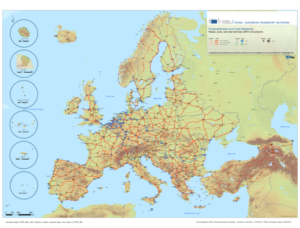


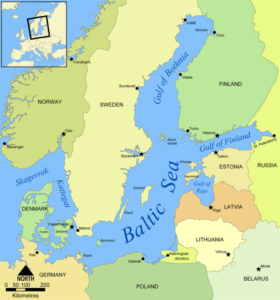



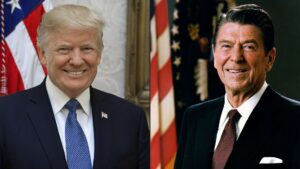

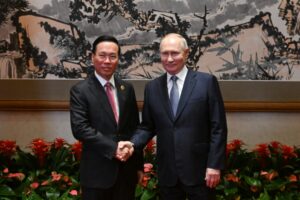
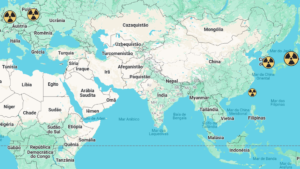
[…] military and civilian demands from the European Union in the security sector have raised expectations about the alliance’s contribution to crisis management and triggered […]
[…] Russia: Russia has extended its territorial claims in the Arctic region, including areas close to Greenland. In addition, Russia has invested in infrastructure and technology in the region, seeking to expand its presence and guarantee its sovereignty in the area. The Russian military presence in the Arctic region has also raised security concerns in the region. […]